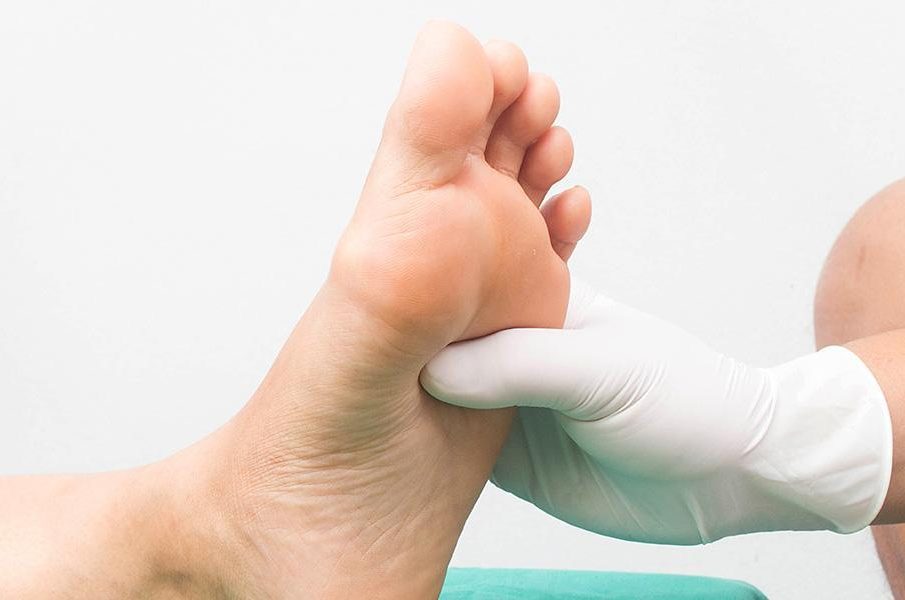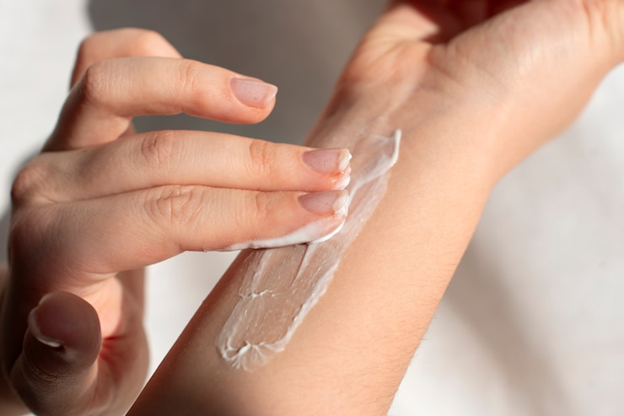How a Podiatrist Can Help with Sports Injuries

Podiatrists are doctors who specialize in the diagnosis and treatment of foot and ankle disorders. They are also experts in sports medicine and can help athletes of all levels prevent and treat sports injuries.
Here are some of the ways a podiatrist can help with sports injuries:
- Diagnosis: Podiatrists can perform a physical examination and order imaging tests, such as X-rays or MRIs, to diagnose the exact nature of a sports injury. This is important for developing an effective treatment plan.
- Treatment: Podiatrists offer a variety of treatment options for sports injuries, depending on the severity and type of injury. These options may include:
- Rest, ice, compression, and elevation (RICE): This is a common treatment for mild sports injuries, such as sprains and strains.
- Medications: Over the counter or prescription pain relievers and anti-inflammatory medications can help reduce pain and swelling.
- Physical therapy: Physical therapy can help athletes regain strength, range of motion, and function after a sports injury.
- Orthotics: Custom-made orthotics can help improve foot alignment and biomechanics, which can help prevent sports injuries and improve athletic performance.
- Surgery: In some cases, surgery may be necessary to repair a severe sports injury.
Podiatrists can also help athletes prevent sports injuries by providing education on proper training techniques, footwear, and other injury prevention strategies.
Here are some common sports injuries that podiatrists can treat:
- Ankle sprains: Ankle sprains are one of the most common sports injuries. A podiatrist can diagnose the severity of the sprain and recommend the best treatment plan, which may include RICE, physical therapy, and/or bracing.
- Shin splints: Shin splints are pain along the inner edge of the shinbone. They are common in runners and other athletes who participate in high-impact activities. A podiatrist can diagnose shin splints and recommend treatment options, such as rest, cross-training, and orthotics.
- Stress fractures: Stress fractures are small cracks in the bones of the foot or ankle. They are common in athletes who participate in high-impact activities. A podiatrist can diagnose stress fractures and recommend treatment options, such as rest, immobilization, and/or physical therapy.
- Plantar fasciitis: Plantar fasciitis is inflammation of the plantar fascia, a thick band of tissue that runs along the bottom of the foot. It is a common cause of heel pain. A podiatrist can diagnose plantar fasciitis and recommend treatment options, such as rest, ice, and physical therapy.
If you have a sports injury to your foot or ankle, it is important to see a podiatrist for diagnosis and treatment. Podiatrists can help you get back on your feet to play your favorite sports as soon as possible.
Here are some additional ways that a podiatrist can help with sports injuries:
- Help athletes choose the right footwear: Podiatrists can assess an athlete’s foot type and biomechanics to recommend the best type of footwear for their sport. This can help prevent sports injuries and improve athletic performance.
- Provide education on proper training techniques: Podiatrists can teach athletes about proper training techniques to help them avoid sports injuries. This may include topics such as warm-up and cool-down exercises, cross-training, and listening to your body.
- Help athletes recover from surgery: If an athlete needs surgery for a sports injury, a podiatrist can help them recover safely and effectively. This may include providing post-operative care, developing a rehabilitation plan, and monitoring their progress.
Podiatrists are an important part of the sports medicine team. They can help athletes of all levels prevent and treat sports injuries, so they can continue to play their favorite sports at their best.
Here are some tips for athletes to prevent sports injuries:
- Warm up before playing and cool down afterwards.
- Wear proper footwear for your sport.
- Listen to your body and rest when you need to.
- Avoid overtraining.
- Cross-train to work different muscle groups.
- Eat a healthy diet and stay hydrated.
If you do experience a sports injury, it is important to see a podiatrist for diagnosis and treatment as soon as possible.








